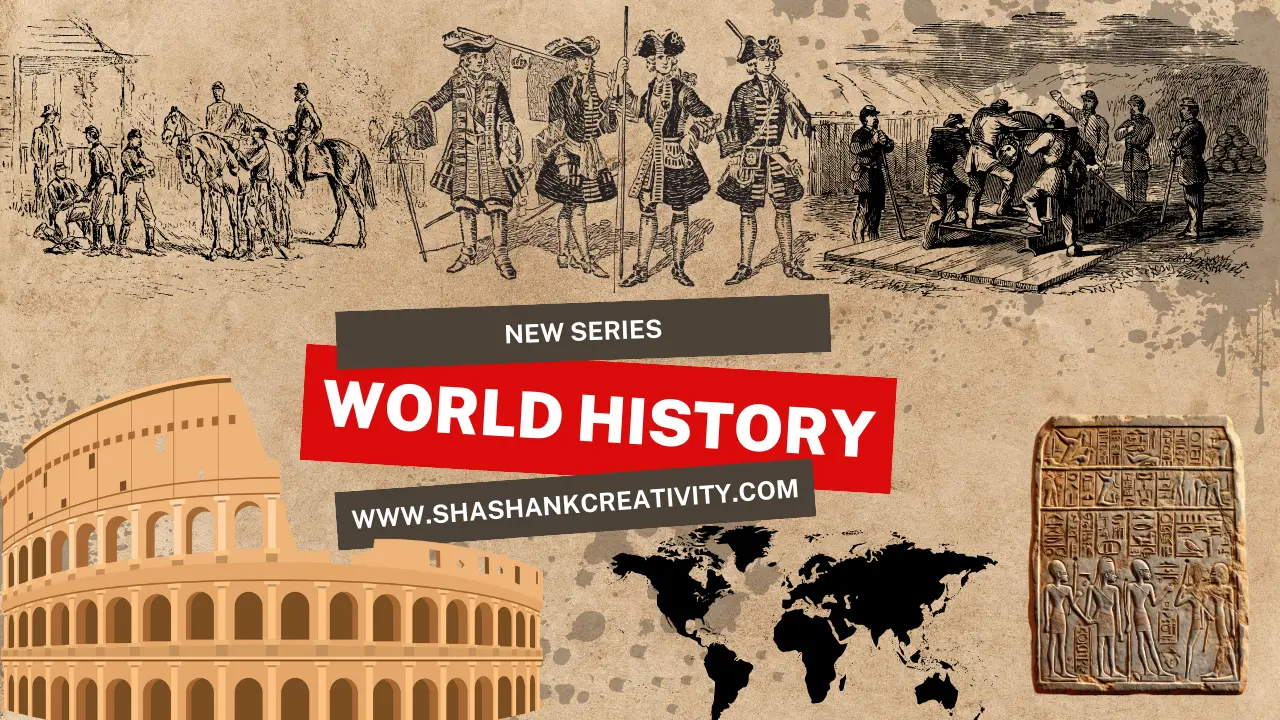The rise of the Roman Empire is a compelling tale of political intrigue, military prowess, and strategic governance that unfolded over centuries. From its humble beginnings as a city-state on the Italian Peninsula, Rome emerged as a dominant force in the ancient world, shaping the course of history for centuries to come. This article explores the key factors that contributed to the rise of the Roman Empire.
Introduction:
The rise of the Roman Empire is a compelling tale of political intrigue, military prowess, and strategic governance that unfolded over centuries. From its humble beginnings as a city-state on the Italian Peninsula, Rome emerged as a dominant force in the ancient world, shaping the course of history for centuries to come. This article explores the key factors that contributed to the rise of the Roman Empire.
- Geographical Advantage:
Rome's strategic location played a pivotal role in its ascent to power. Situated on the Tiber River, Rome had access to both land and sea routes, facilitating trade and communication. The Italian Peninsula's central location in the Mediterranean allowed Rome to establish itself as a hub for commerce and cultural exchange, fostering economic growth and the acquisition of valuable resources.
- Military Prowess:
The Roman military machine was a formidable force that played a crucial role in the empire's rise. The Roman army, disciplined and well-trained, was organized into legions that became the backbone of Roman military might. Roman soldiers were known for their adaptability, employing innovative tactics and engineering prowess in battle. The conquest of neighboring territories and the incorporation of skilled warriors into the Roman legions contributed to the empire's military strength.
- Political Structure and Governance:
The Roman Republic, established in 509 BCE, laid the foundation for the Roman Empire. The republic was characterized by a system of checks and balances, with power distributed among various branches of government. The Senate, composed of the Roman elite, played a significant role in decision-making. The concept of citizenship and the inclusion of conquered peoples into Roman society allowed for social cohesion and stability.
- Expansion and Conquest:
Rome's expansionist policies were a driving force behind its rise. The Roman Republic engaged in a series of military campaigns, gradually annexing neighboring territories and forming alliances. The Punic Wars against Carthage, particularly the Second Punic War led by the brilliant general Hannibal, showcased Rome's resilience and determination. The conquest of Greece, Egypt, and other Mediterranean regions further extended Roman influence.
- Cultural Assimilation:
The Romans were adept at incorporating diverse cultures into their own, a process known as cultural assimilation. This approach helped maintain social harmony within the empire. Roman law, language (Latin), and administrative systems were introduced to conquered territories, creating a sense of unity and identity among the diverse population.
- Infrastructure and Engineering:
The Romans were renowned for their engineering marvels and infrastructure projects. The construction of roads, aqueducts, and monumental buildings facilitated communication, trade, and the efficient movement of troops. Rome's ability to build and maintain an extensive network of infrastructure contributed to the cohesion and prosperity of the empire.
Conclusion:
The rise of the Roman Empire was a multifaceted phenomenon, shaped by geographical advantages, military prowess, political institutions, cultural assimilation, and impressive engineering feats. Rome's journey from a city-state to a sprawling empire exemplifies the complexity of historical forces that drive the ascent of great civilizations. The legacy of the Roman Empire continues to influence modern governance, law, and culture, underscoring the enduring impact of this ancient powerhouse.
Roman Empire, rise of roman empire, about roman empire, world history, history of europe
